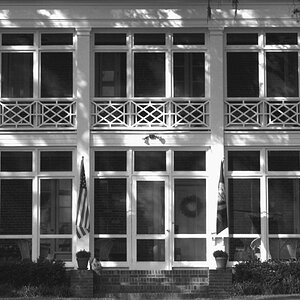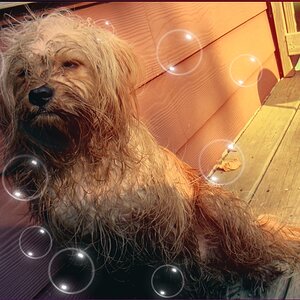Lemmon879
TPF Noob!
- Joined
- Apr 4, 2016
- Messages
- 1
- Reaction score
- 0
- Can others edit my Photos
- Photos OK to edit
Hello, I'm new to this forum. I am just starting to build my portfolio and was hoping to get some pointers from you all! I have a Canon t3i DSLR camera and enjoy shooting all sorts of subjects. I am not an expert on Photo shop or Light room, but hope to start working at it. I have two main lenses that I use now (18-55mm and 18-135mm), however I am looking for opinions on if there is a better lens out there for photography.
Any advice on the basics to start out would be appreciated. I enjoy seeing what other people like to use -Lenses, backdrops, camera settings, etc.
Thank you!
Any advice on the basics to start out would be appreciated. I enjoy seeing what other people like to use -Lenses, backdrops, camera settings, etc.
Thank you!


![[No title]](/data/xfmg/thumbnail/33/33496-cbbeddf3051451b7c3d3db2cd5ed1dc0.jpg?1619736004)

![[No title]](/data/xfmg/thumbnail/32/32638-22cfef06fc91cb3aee39b7b55c36198d.jpg?1619735555)


![[No title]](/data/xfmg/thumbnail/35/35946-771bfce9b2727c9126587d96c471da80.jpg?1619737254)


![[No title]](/data/xfmg/thumbnail/33/33495-c9bffdaa44506a6169a2faff5c7e086e.jpg?1619736004)